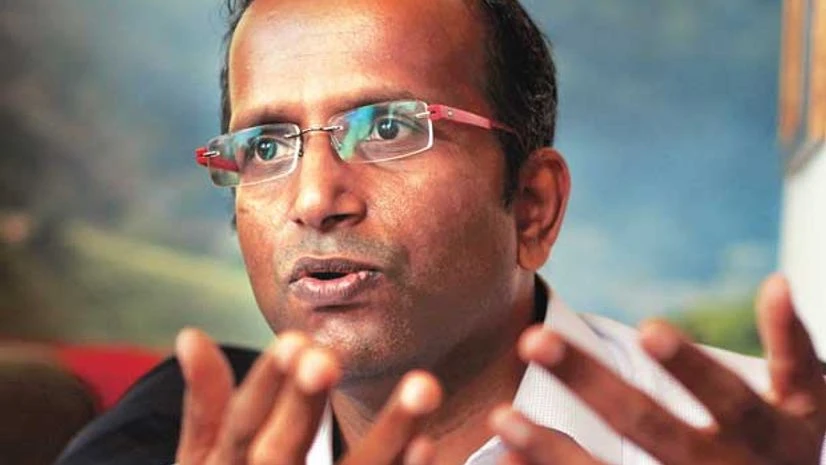Bengaluru-based DAKSH's State of the Indian Judiciary report focuses on the inefficiencies in the judicial procedures. DAKSH co-founder Harish Narasappa shares with Sudipto Dey key insights from the study of pendency of cases in the judicial system. Edited excerpts:
What was the trigger for your study into the causes for delay in the judicial processes?
Though there is a large body of discourse on judicial delays, no-availability of scientific data hampers any meaningful discussion and analysis of pendency of cases. This was also pointed out by the Law Commission in its 245th report. So, we went about building a database of five million cases pending in the 21 high courts and 700 lower courts. The idea was to understand delays minutely, to identify and address the pain points where these delays were taking place. A challenge was the lack of standardisation of data. For instance, each high court has its own database, and these databases were not comparable.
Also Read
While there is criticism of the delay in the judicial system, one must also understand that the judges work extremely hard and are under a lot of pressure. For example, in high courts judges on an average get barely two to three minutes to decide what to do with a case. Actually, the delay is not just a time issue. It goes deeper than that. There is a cost issue, and it does affect substantive justice. On the one hand we say that the judicial system is over-burdened, and on the other, around 60 per cent of the people of this country do not have access to justice.
Is there a co-relation between pendency of cases and vacancies in the judicial system?
Vacancies in the judicial system are a serious issue that has an impact on delays. There is a vacancy of around 5,000 judges against the sanctioned strength. At the high court-level, there is also the issue of quality of judges. High courts often do not find the right judges to fill vacancies.
However, increasing the number of judges is not the only solution to cut the pendency of cases. There has to be measures to improve the efficiency within the judicial system.
What is the cost attributed to such delays and pendency of cases?
Our conservative estimate is that the cost of the delays in the judicial system is around 0.5 per cent of gross domestic product. In addition to that, if you add the amount people spend to come to courts and go back, the amount they forgo in wages, among other things, that could cost another Rs 30,000 crore a year. We feel the real number could be as high as 1.5 per cent to two per cent of GDP. This is based on a survey of 300 lower courts, where we interviewed around 9,000 litigants.
The state of judiciary also has an impact on India's record in the World Bank's Ease of Doing Business rankings. In the 2015 report, India is ranked 178th in enforcing of contracts, and 136th in resolving of insolvency.
Some of the oldest pending cases in our high courts are company winding-up cases. Clearly, lack of resolution of disputes in a reasonably quick time will have an impact on these rankings. However, if you look at this objectively, we are facing serious challenge in enforcing contracts. There is no dispute in this country that gets resolved in less than five years if one goes to the courts. According to our study, 82 per cent of the cases pending in high courts have been around for 10-15 years.
What are your suggestions to improve the efficiency of the system?
One of the key takeaways is that we have not improved the judicial processes for a long time. Judiciary's time is very precious. We should look at the judiciary almost like an emergency operation theatre, or like the work of a surgeon. The surgeon just comes, and operates. But, that is not happening in the judiciary. The judicial support system needs to improve. One of our studies shows that around 40 per cent of judicial time is spent on small procedural matter that take away the judges' time. These can be adequately dealt with by the administrative staff.
Currently, judges are doubling up as administrators and judges. On a systemic level, we need specialists to look at judicial administration, under the supervision of judiciary. To solve the issue of judicial delay, you need a team responsible for judicial administration in each high court and in every lower court. However, judicial administration has been receiving a stepmotherly treatment. It is not that the judges do not want to improve the judicial administration process. It is just that they do not have the time.

)
